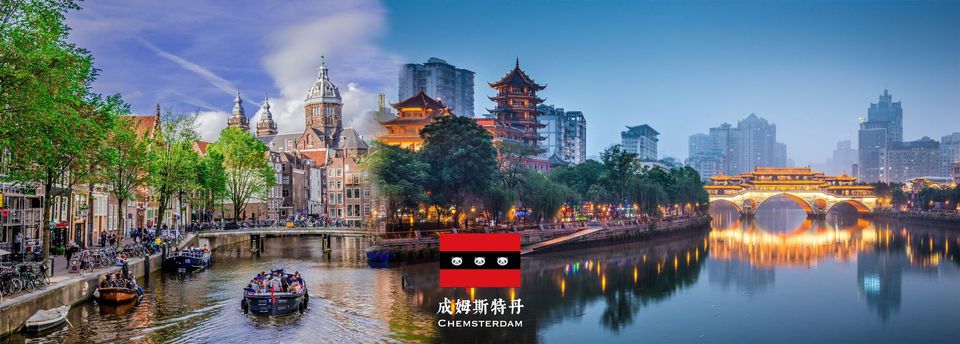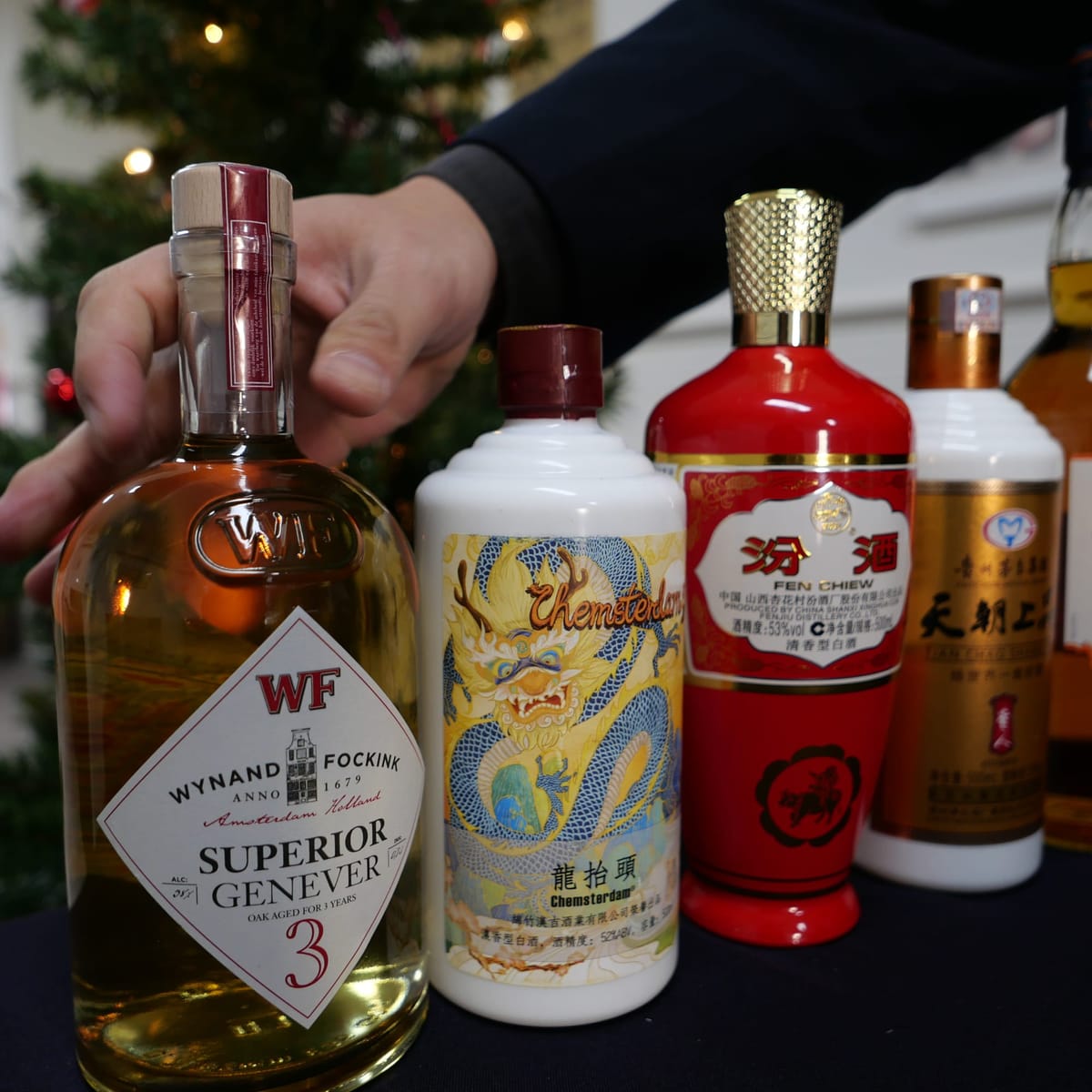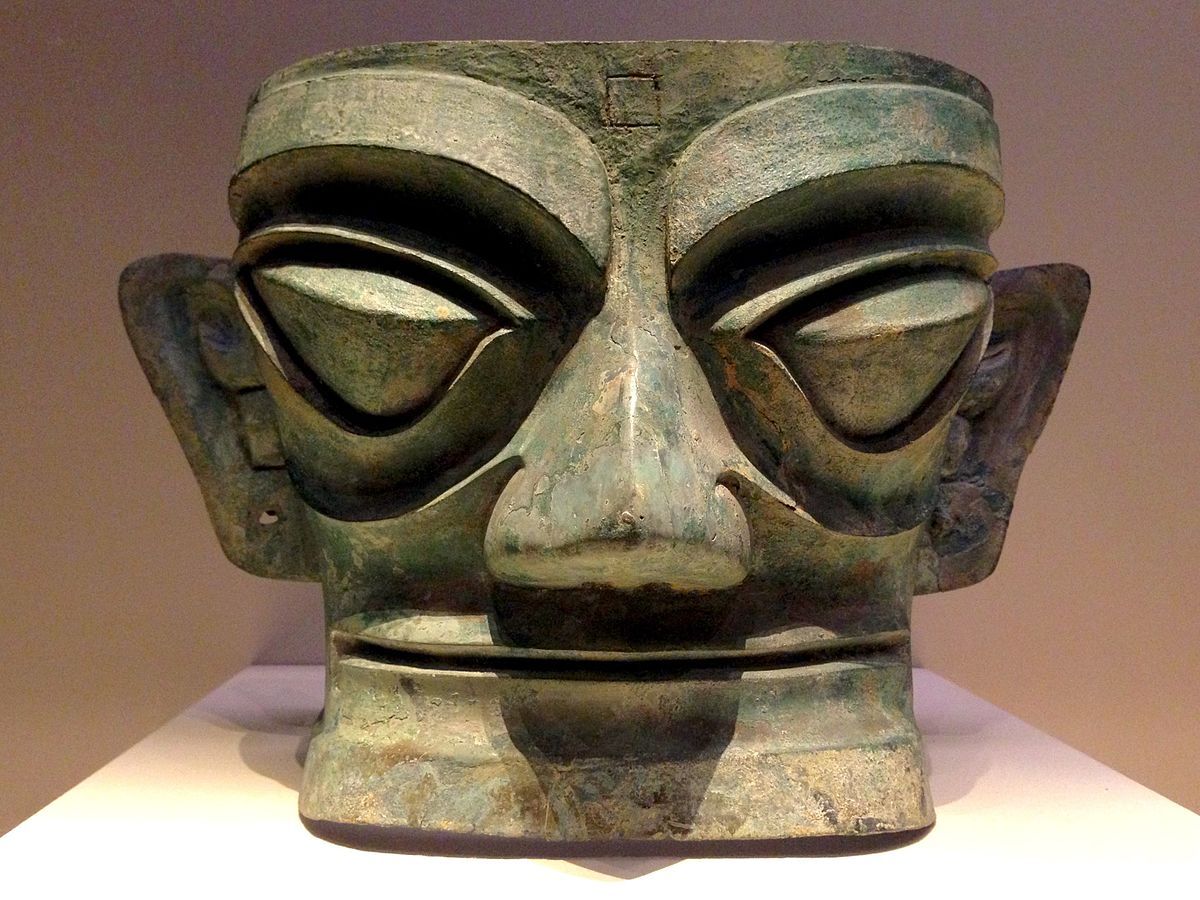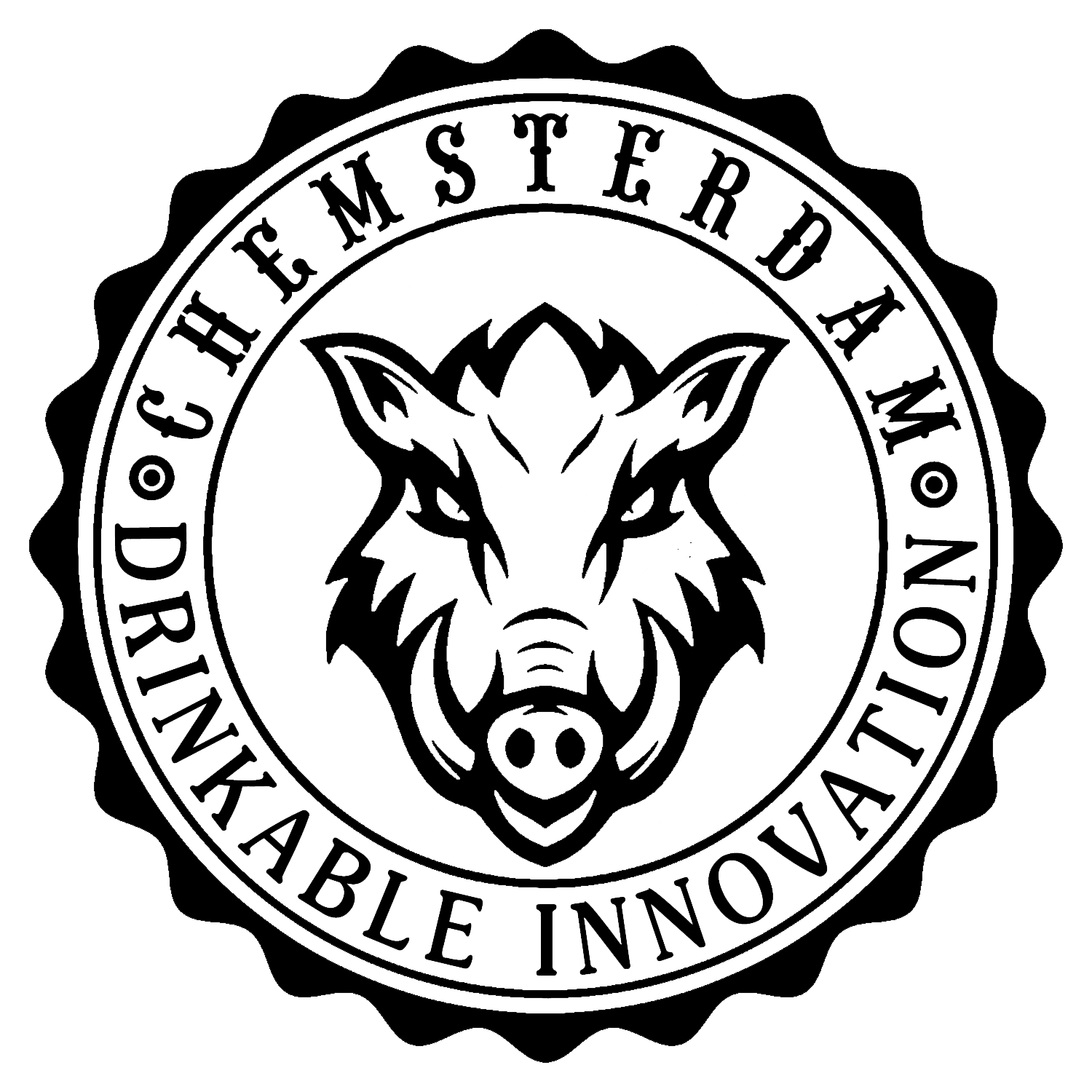Our Story



This page has been updated due to new insight and enlightenment from Hans Ngo Wurfbain on July 17, 2024. The older version has been gone.
Hans & CHEMSTERDAM
The west of the West is indeed the East! (Hans Ngo Wurfbain, 2019)
Hans Ngo Wurfbain, the founder of Chemsterdam, hails from Chengdu, a city not only notable for its extensive history spanning over 4800 years but also as the world’s only panda breeding center. Amid his Master's studies at Nyenrode Business Universiteit, Hans navigated the complexities of the COVID-19 pandemic and the Russia-Ukraine conflict. During these challenging times, he observed that much of the world's disorder stemmed from cognitive constraints—the difficulty many people face in appreciating the diverse characteristics of different nations, a common psychological tendency to categorize and generalize distinct groups.
This insight spurred Hans to dedicate himself to bridging the cultural gap between East and West, drawing inspiration from Friedrich Nietzsche's "Thus Spake Zarathustra," specifically Chapter XV, "THE THOUSAND AND ONE GOALS." He believes that the differences among people, arising from their unique environments, are not only inevitable but also essential, serving as the cornerstone for cultural amalgamation and international cooperation. However, Hans noted that while countries strive to expand their cultural influence globally, they often fail to recognize their own limitations and the value in learning from others. This leads to conflicts arising from self-centered assimilation efforts.
Motivated by these insights, Hans created Chemsterdam, a portmanteau blending "Che-" from Chengdu and "-msterdam" from Amsterdam, representing a conceptual city that stands for freedom, inclusivity, respect, and innovation. This ideational city embodies the ethos that distinctions among cultures should be embraced and celebrated, reinforcing that diversity is pivotal in fostering societal progress and evolution. As Hans spun the globe from Chengdu, passing through Europe and America back to Asia, he realized: The west of the West is indeed the East! With this, Chemsterdam was born, symbolizing the fusion of Eastern and Western spirits, striving to promote a world where cultural differences enrich rather than divide.
P.A.N.D.A B.V.
Everything works for each other.
Chemsterdam represents not only the fusion of East and West but also embodies Hans’ effort to bring Chengdu’s unique gift—Baijiu—to Europe. During the promotion of Baijiu, Hans discovered that local spirits like Dutch Jenever, Italian Grappa, Eastern Europe’s Slivovitz, Peruvian Pisco, Mexican Mezcal and Turkish Raki are also scarcely known to Asians. Many small distilleries adhere to the artisan spirit, maintaining tradition while facing challenges of innovation. To support these small distilleries, Hans founded P.A.N.D.A B.V. (Premium Alcohol Network and Distilleries Alliance) in the Netherlands. The goal is to help these distinctive distilleries achieve sales growth, allowing them to continue passionately providing high-quality products to spirits enthusiasts and to drive product differentiation, satisfying the market’s demand for individuality.
Silk Road Spirits
What has been will be again, what has been done will be done again; there is nothing new under the sun. (Ecclesiastes1:9 NIV)
The Silk Road, an ancient trade network that began in the 2nd century BC, served as a crucial conduit for cultural exchanges between the East and West. This route not only facilitated the trade of valuable goods such as silk, spices, and jewels but more importantly, it also became a platform for the exchange of cultural, technical, religious, and philosophical ideas. Through these interactions, an understanding and respect among different civilizations were established, enriching humanity’s cultural heritage.
Numerous historical figures have left profound marks along the Silk Road. Zhang Qian, an envoy from the Han Dynasty, initiated diplomatic and trade relations between China and the Western Regions. The adventures of the Italian traveler Marco Polo depicted his exploration of the Far East, stories that continue to inspire explorers and scholars to this day. Additionally, the naval expeditions of Zheng He showcased the prosperity of the maritime Silk Road, while the Jesuit missionary Matteo Ricci deepened the cultural exchange between the East and West. These individuals not only enhanced the material exchanges between the East and West but also significantly contributed to the sharing of culture and knowledge.
In today’s rapidly globalizing world, the spirit of the Silk Road—mutual understanding, respect, elimination of misunderstandings, education, and collaboration—is more important than ever. This spirit is modernly embodied in “Silk Road Spirits”—a line of alcoholic products aimed at fostering cross-cultural understanding and appreciation through sharing traditional spirits from countries along the Silk Road. From Chinese Baijiu to Dutch Jenever, each drink is a deep exploration and tribute to its culture.
Silk Road Spirits not only preserves traditional distilling crafts but also carries a cultural mission. Through each bottle crafted, it demonstrates how sharing and appreciating each other’s cultural heritage can create a more harmonious world. Just as the Silk Road historically bridged global peace and prosperity, this special product line aspires to be a modern conduit for global harmony and shared success.
References:
- Hans Ngo Wurfbain(2019)."A Letter to Princess Laurentien"(Not Published Yet!)
- Nietzsche, F. (1885). "Thus Spake Zarathustra." Chapter XV, "THE THOUSAND AND ONE GOALS."
- Psychological studies on categorization and generalization in human behavior.

